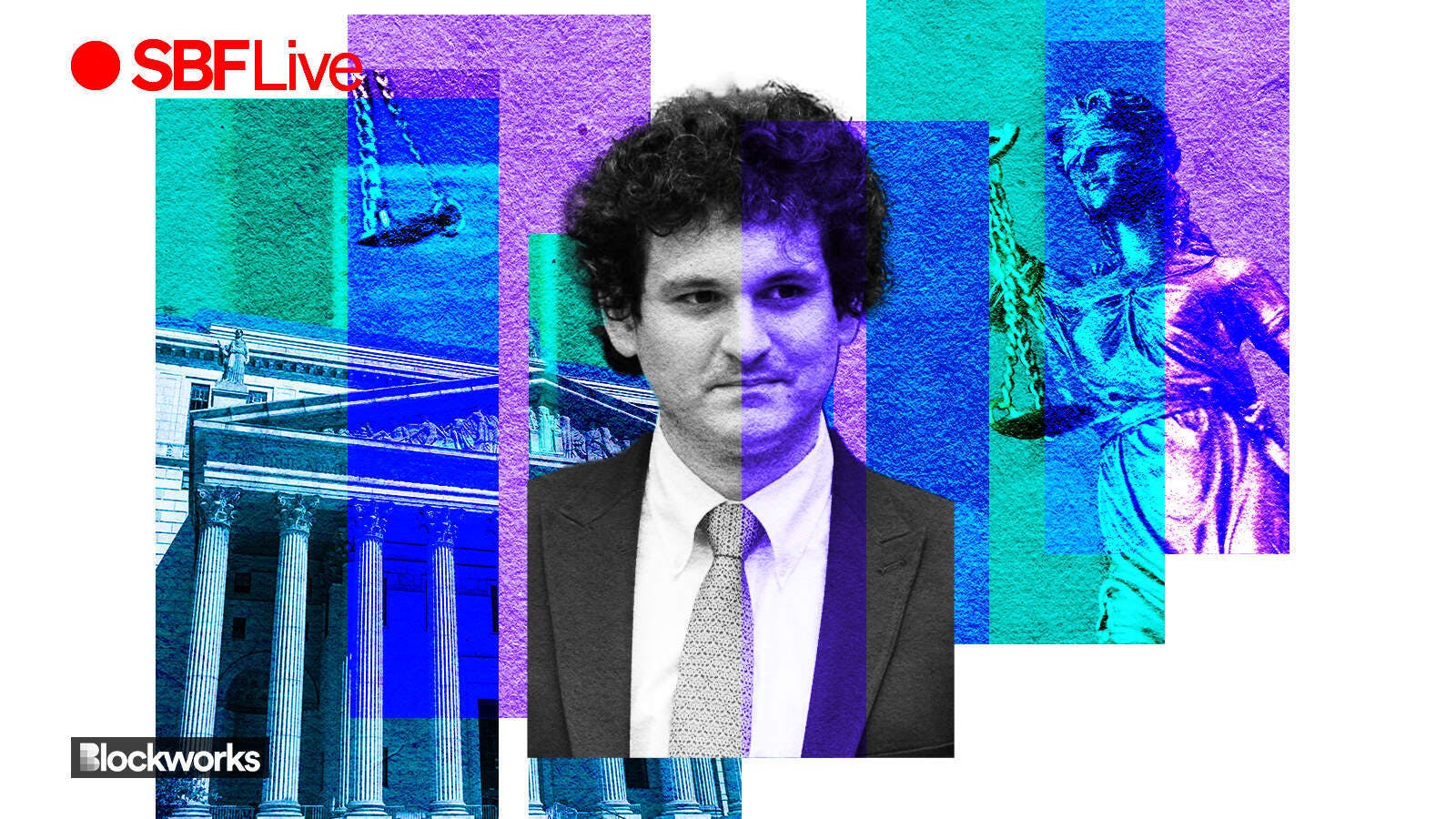Crypto regulation does not matter in some SBF trial allegations, DOJ says
The government also pushed back against SBF’s argument it was “common” for crypto companies to misappropriate funds

Artwork by Crystal Le
The trial is barely underway, and yet the US government and Sam Bankman-Fried’s legal team continue to file letter after letter in an unending back and forth.
Essentially, both the US government and Sam Bankman-Fried’s team are working to iron out what arguments may or may not be used in front of the jury once the selection has been finalized.
Even Judge Lewis Kaplan, who is overseeing the case, asked both the prosecution and defense if he should expect “another midnight filing” before he adjourned court on Tuesday.
Read more: SBF trial kicks off day two with opening arguments: Live updates
In the prosecution’s most recent letter, the US government’s lawyers pushed back against arguments from Sam Bankman-Fried’s legal team. They disputed that the regulatory status of crypto in the US is relevant because the government alleged that SBF misappropriated FTX funds.
“The Government has not alleged that there are any laws or regulations prohibiting cryptocurrency exchanges from using funds originating in customer deposits for their own purposes — as is commonly done by financial institutions such as banks and digital payment platforms — or providing any relevant guidance as to what may be done with customer deposits,” Bankman-Fried’s team argued in a letter Monday.
Read More: SBF was never offered a plea deal, prosecutors say amid jury selection
The prosecution, however, pushed back against the arguments, saying that the “evidence or argument about the absence of regulation is only likely to confuse the jury into believing that there must be a regulation imposing a duty for misappropriation to have occurred.”
The lack of regulation “is of vanishingly little probative value as to a good-faith defense or for any other purpose but is likely to be misleading and unfairly prejudicial,” lawyers for the US government said.
“Where a defendant violates the wire fraud statute by misappropriating assets entrusted to him, it is of no probative value that there was not also an express regulatory prohibition on the particular manner in which he accomplished the fraud.”
Additionally, SBF or his team arguing that pooling or reallocating customer funds was “common among cryptocurrency exchanges” is not relevant to the government’s argument because it’s not focused on whether or not everyone was doing it, but instead that SBF allegedly misappropriated the assets.
Read more: New indictment alleges Sam Bankman-Fried gave more than $100M to politicians
One last point that the defense and prosecution have gone back and forth on is arguments centered on campaign finance contributions. The defense accused the court of “inconsistent rulings” on the argument because it blocked a witness, Professor Bradley Smith, from testifying for the defense. According to previous court documents, Smith’s planned testimony was centered on straw donor contributions.
Don’t miss a moment of SBF’s time in court. Stay up to date with all trial coverage from Blockworks.
A straw donor is a term to describe when a person uses another person’s name to get around political campaign contribution limits.
The government argued that it plans to “present evidence at trial that the defendant routed misappropriated customer funds to political campaigns through nominees or straw donors, the Government will not elicit evidence that such a straw donor scheme is itself unlawful under the election laws.”
Get the news in your inbox. Explore Blockworks newsletters:
- The Breakdown: Decoding crypto and the markets. Daily.
- 0xResearch: Alpha in your inbox. Think like an analyst.






